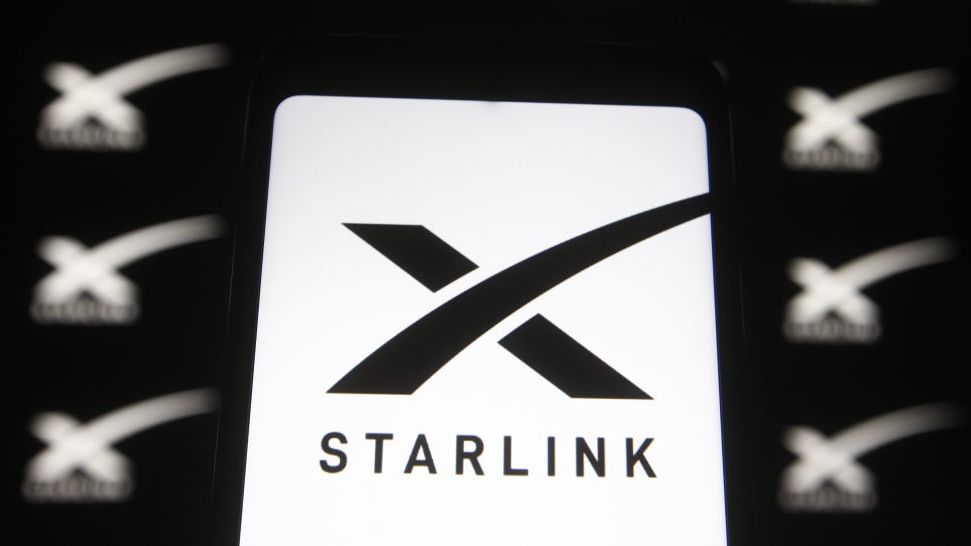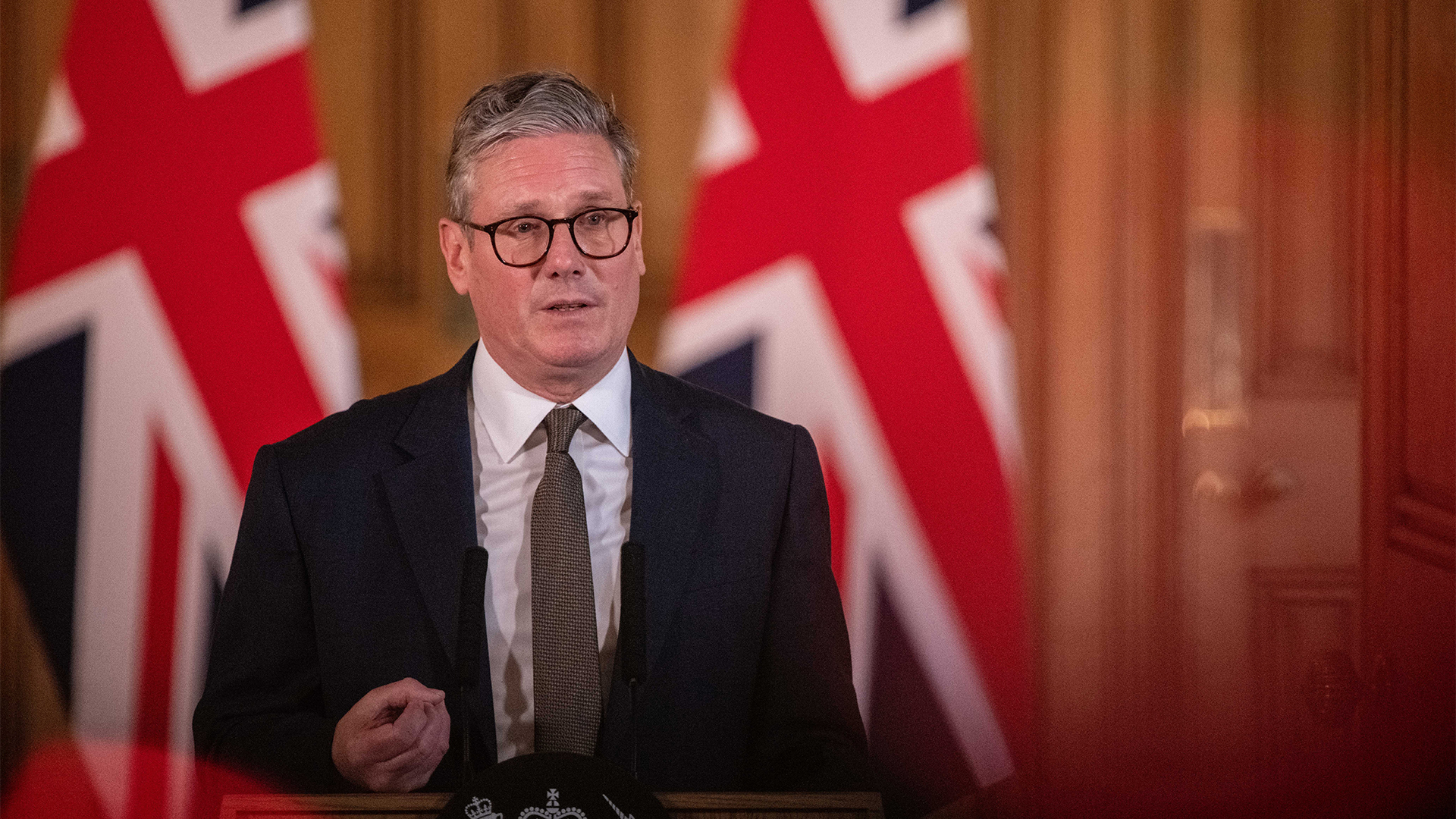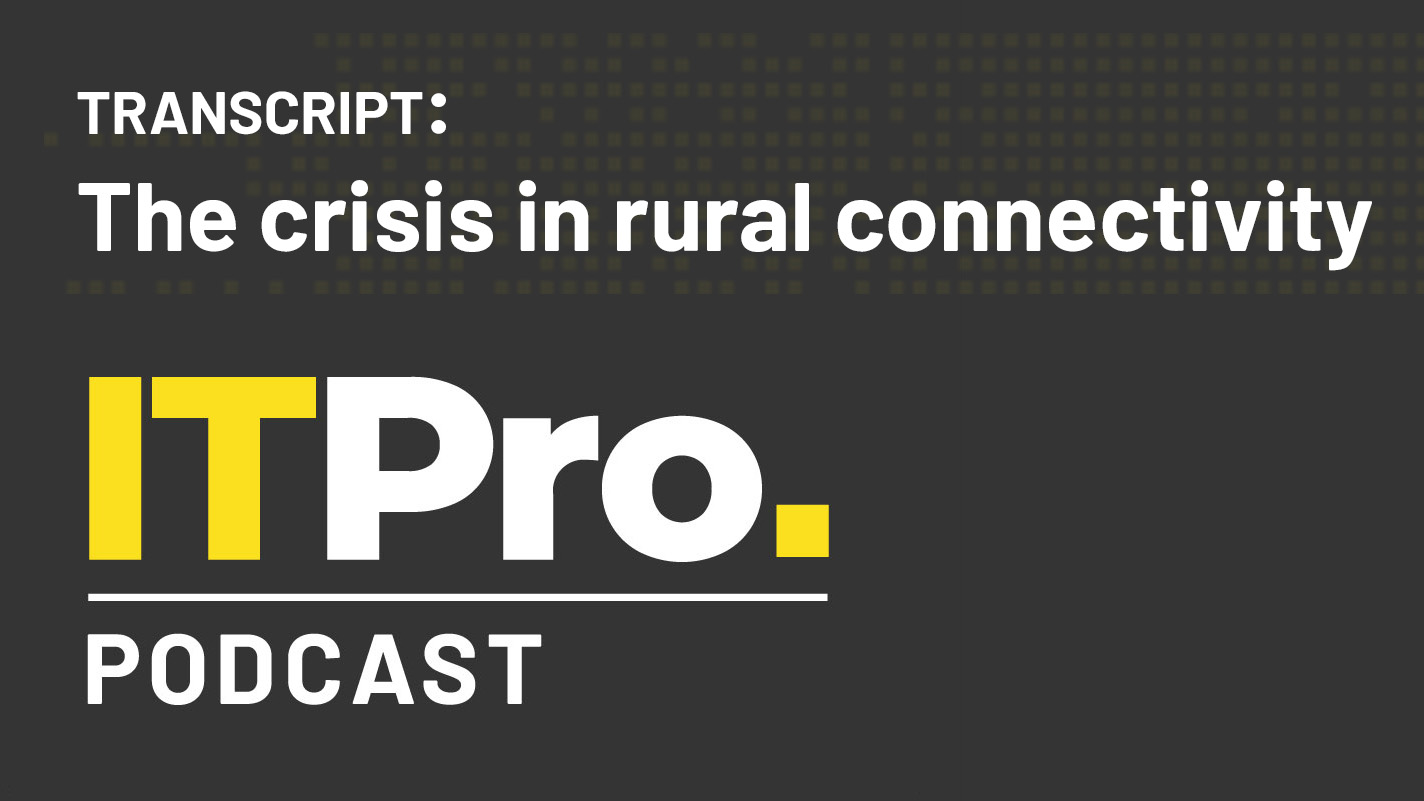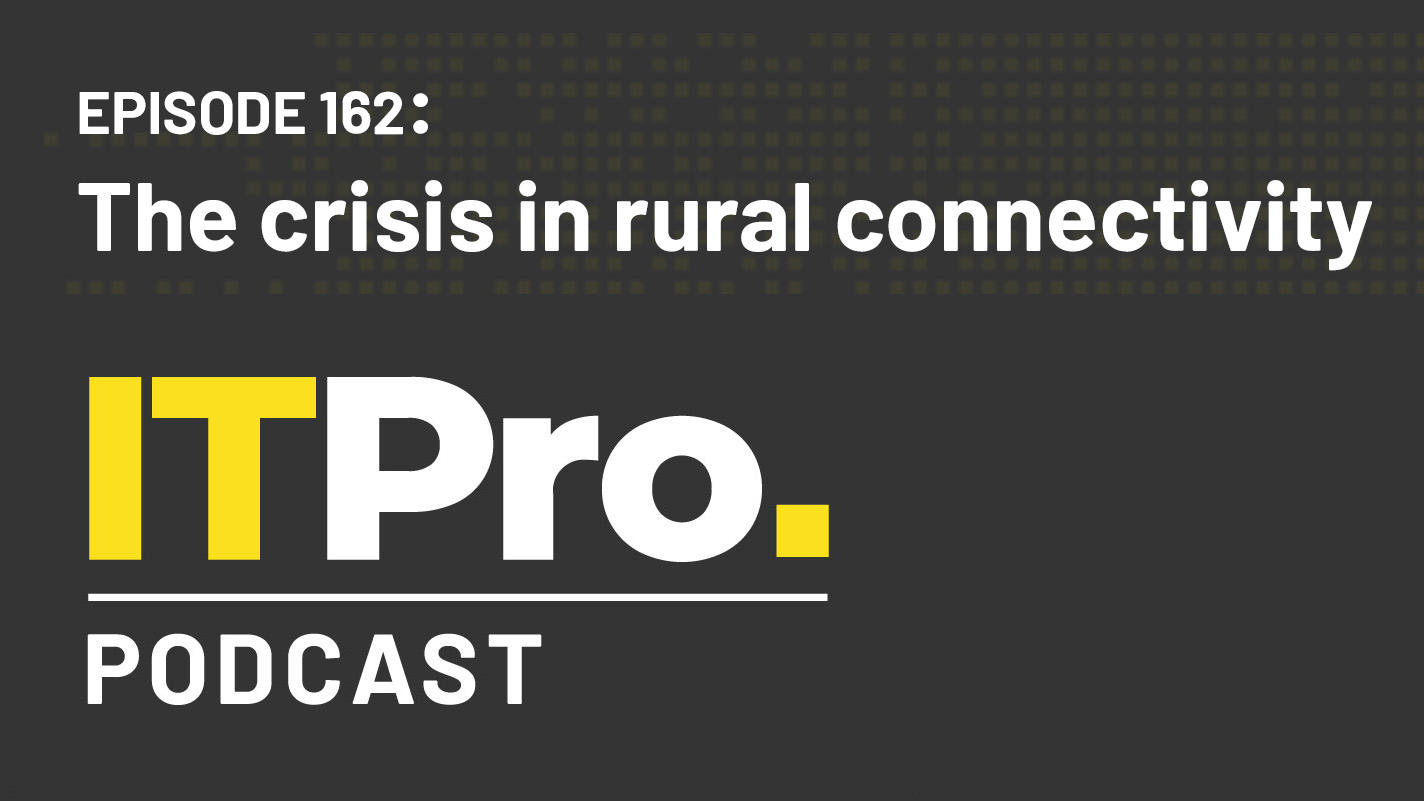UK government to run Starlink trials in Snowdonia, Lake District
The government has indicated low-Earth orbit satellites could be key to expanding connectivity to UK businesses


Remote businesses and homes across the UK will be connected to satellite broadband in a new government trial intended to address unequal coverage of high-speed internet.
The Department for Digital, Culture, Media and Sport (DCMS) announced plans to test the effectiveness of satellites in delivering high-speed connectivity in “a dozen” sites considered ‘very hard to reach’, the less than 1% of rural and remote sites where the cost of delivering broadband rises to untenable levels.
Starlink, the satellite broadband arm of aerospace firm SpaceX, has been chosen to support the trial given its already extensive low-Earth orbit (LEO) satellite constellation.
For the future of the trial, the government will continue to evaluate other services, and named UK-based satellite operator OneWeb as a potential partner for connectivity in more complex locations.
Test sites include Snowdonia National Park, with the base of the Ogwen Valley Mountain Rescue Organisation (Sefydliad Achub Mynydd Dyffryn Ogwen) and the Ty Cornel outdoor activity facility run by Scouts Cymru both participating. Rievaulx Abbey in North Yorkshire and Wasdale Head in the Lake District were also among the selected locations, while further sites are under review.
The tests will seek to establish the effectiveness of the satellites, as well as the specific benefits of faster connections in remote areas, such as improved communications for rescue teams.
The potential of satellite broadband for rural business connectivity is great, with initial government figures demonstrating that reliable connections as high as 200 Mbits/sec can be established using the technology.
Sign up today and you will receive a free copy of our Future Focus 2025 report - the leading guidance on AI, cybersecurity and other IT challenges as per 700+ senior executives
Businesses have also registered interest in satellite solutions. In its response to a consultation on improving broadband for very hard-to-reach premises, published in May, the government stated that 43% of businesses had explored satellite broadband as an alternative to fixed broadband. A further 29% had tried both satellite broadband and fixed wireless access.
“High-speed broadband beamed to earth from space could be the answer to the connectivity issues suffered by people in premises stuck in the digital slow lane,” said Michelle Donelan, secretary of state for the DCMS.
“Ensuring everyone can get a quality internet connection is crucial to our levelling up plans and these trials aim to find a solution to the prohibitively high cost of rolling out cables to far-flung locations.”
In October, the government launched a £15 million competition to encourage UK businesses seeking to enter the satellite internet market, citing the great potential for innovation and job creation within the sector.
RELATED RESOURCE

Alongside its satellite trial, the government is expanding its broadband outreach scheme Project Gigabit, and has awarded Northern Ireland-based broadband firm Fibrus a £108 million contract to improve fibre connectivity across Cumbria. Initial Fibrus connections are expected by the spring, with construction commencing immediately.
“Using innovative methods to beam broadband to isolated areas, alongside this latest Project Gigabit deal to level up the north of England, will connect thousands more hard-to-reach premises, helping people get and stay connected,” said James Cartlidge, exchequer secretary at the Treasury.
It is hoped that investment in the region will spur opportunities for employment and apprenticeships across Cumbria, and the government is additionally seeking to award contracts in areas such as Cornwall, Norfolk, and Suffolk.
SpaceX continues to launch Starlink satellites into orbit at pace, with its constellation now containing around 3,000 of an FCC-approved total of 12,000 that could eventually provide internet access for much of the world. The firm now has approvals to provide internet to moving vehicles, and has signed both a partnership with Royal Caribbean and a deal with T-Mobile to construct a satellite-based mobile network.

Rory Bathgate is Features and Multimedia Editor at ITPro, overseeing all in-depth content and case studies. He can also be found co-hosting the ITPro Podcast with Jane McCallion, swapping a keyboard for a microphone to discuss the latest learnings with thought leaders from across the tech sector.
In his free time, Rory enjoys photography, video editing, and good science fiction. After graduating from the University of Kent with a BA in English and American Literature, Rory undertook an MA in Eighteenth-Century Studies at King’s College London. He joined ITPro in 2022 as a graduate, following four years in student journalism. You can contact Rory at rory.bathgate@futurenet.com or on LinkedIn.
-
 Tapping into the ’touch grass’ movement in cybersecurity
Tapping into the ’touch grass’ movement in cybersecurityIndustry Insights With cybersecurity experiencing a ’touch grass’ moment, what role should resellers play?
-
 Cyber resilience in the UK: learning to take the punches
Cyber resilience in the UK: learning to take the punchesColumn UK law now puts resilience at the centre of cybersecurity strategies – but is legislation simply catching up with enterprise understanding that resilience is more than just an IT issue?
-
 UK regions invited to apply for ‘AI Growth Zone’ status
UK regions invited to apply for ‘AI Growth Zone’ statusNews The UK government has opened up bidding for regions hoping to secure 'AI growth zone' status.
-
 Gov's broadband plans do little to address 'rural brain drain', expert warns
Gov's broadband plans do little to address 'rural brain drain', expert warnsNews Businesses are still unable to compete with urban counterparts, forcing job seekers into the cities and suppressing innovation
-
 Podcast transcript: The crisis in rural connectivity
Podcast transcript: The crisis in rural connectivityIT Pro Podcast Read the full transcript for this episode of the IT Pro Podcast
-
 The IT Pro Podcast: The crisis in rural connectivity
The IT Pro Podcast: The crisis in rural connectivityITPro Podcast Rural businesses are still being left behind and face shutdowns of 3G and copper without anything to fall back on
-
 “Botched government procurement” leads to £24 million Atos settlement
“Botched government procurement” leads to £24 million Atos settlementNews Labour has accused the Conservative government of using taxpayers’ money to pay for their own mistakes
-
 Government holds talks with data centre operators over energy blackout threat
Government holds talks with data centre operators over energy blackout threatNews One data centre operator has been preparing to switch over to diesel power in the event of a national blackout
-
 Satellite broadband could turbocharge rural business connectivity
Satellite broadband could turbocharge rural business connectivityIn-depth The burgeoning industry is pledging to succeed where fibre has failed, in a much-needed push to connect chronically underserved businesses
-
 HPE inks $2 billion high-performance computing deal with the NSA
HPE inks $2 billion high-performance computing deal with the NSANews HPE will provide scalable on-premises computing to the NSA using Greenlake